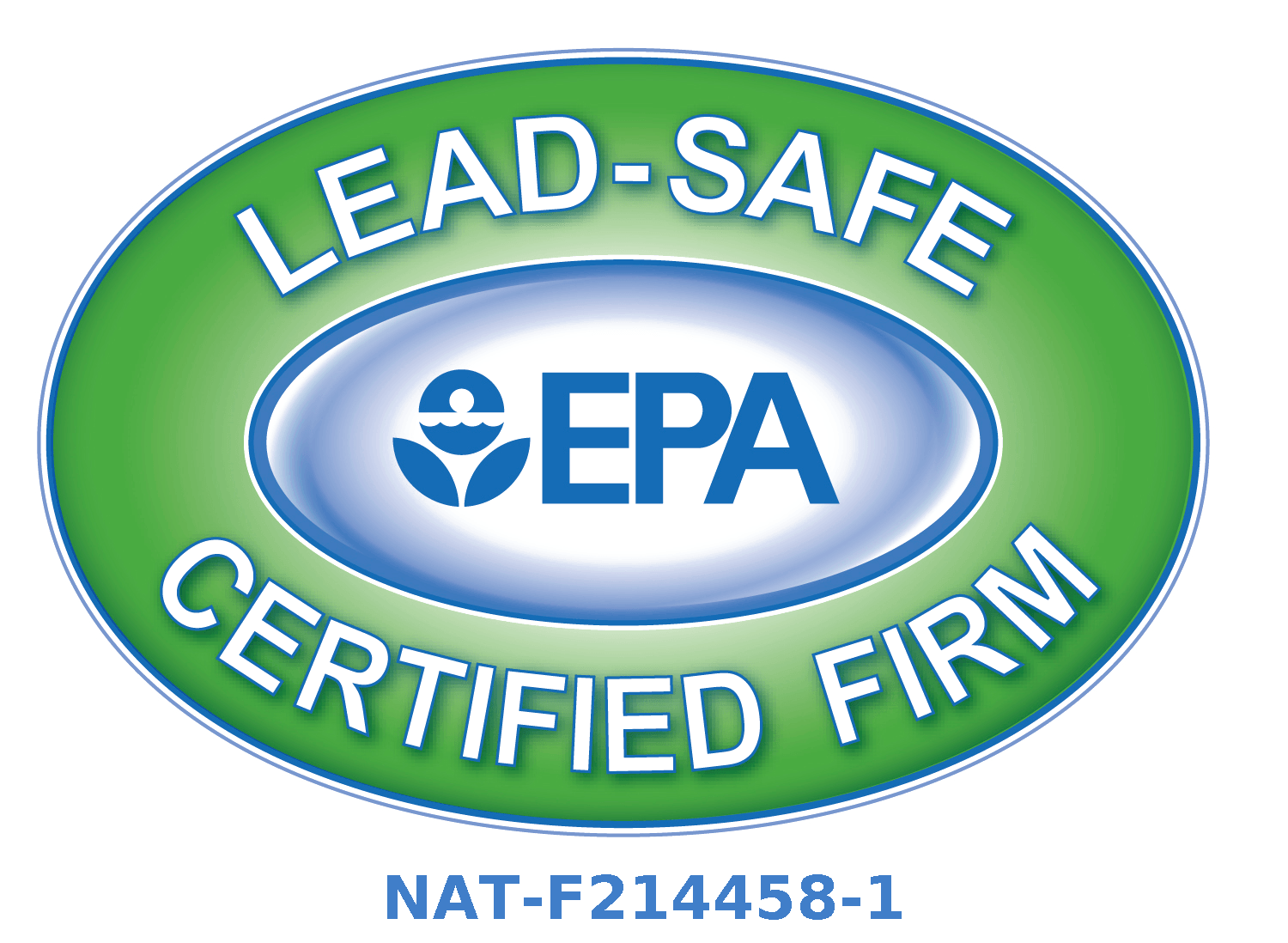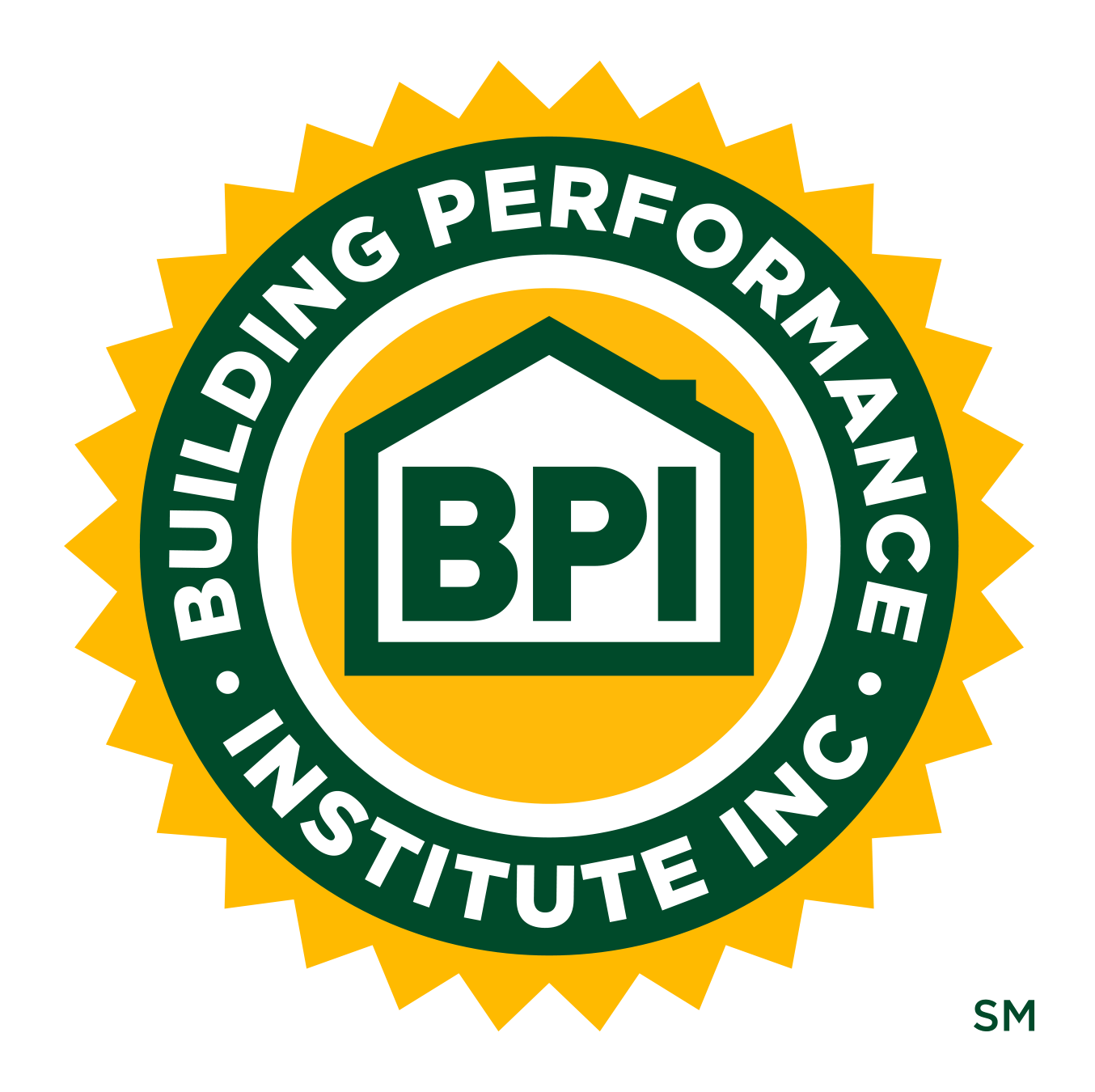What Should You Do If Your Home Smells Like Sewage?
A sewage smell in your home is not just unpleasant—it can also indicate a serious plumbing issue that needs immediate attention. Whether the odor is coming from a single drain or spreading throughout your home, it’s important to find the source and address it quickly. At Fry Plumbing & Heating Corporation, we’ve helped homeowners troubleshoot and resolve plumbing issues for over 70 years. Here’s what you should do if you notice a sewage smell in your home.
1. Identify the Source of the Smell
First, try to pinpoint where the smell is strongest. Is it coming from a specific drain, your basement, or your entire home? Common sources of sewage odors include:
- Dry P-traps: If a drain hasn’t been used in a while, the water in the P-trap (the U-shaped pipe under sinks and tubs) may have evaporated, allowing sewer gas to enter your home.
- Clogged or Blocked Drains: Organic matter buildup in drains can produce a foul smell.
- Sewer Line Issues: If the smell is persistent throughout your home, a problem with your main sewer line could be the cause.
- Broken or Cracked Sewer Vents: Plumbing vents allow sewer gas to escape outside, but if they’re damaged, gas may leak indoors.
2. Try Simple Fixes
Depending on the cause, there are a few things you can try to eliminate the smell:
- Run Water in Unused Drains: If a dry P-trap is the issue, running water in the affected drain should refill the trap and block sewer gas.
- Clear a Minor Drain Clog: Use a mixture of hot water, baking soda, and vinegar to break up debris. If that doesn’t work, a plunger or drain snake may help.
- Check Your Toilet Seals: A broken wax ring at the base of the toilet can allow sewage smells to escape. If you notice a bad odor near your toilet, you may need to replace the wax seal.
3. Call a Professional for Serious Issues
If the smell persists after trying these solutions, it’s time to call a plumber. You may have a larger problem, such as:
- A sewer line backup or leak, which can lead to water damage and health hazards.
- A damaged plumbing vent, which requires professional repair.
- A septic tank issue (if you have one) that needs immediate attention.
Prevent Future Sewage Odors
To prevent sewage smells from returning, consider these proactive measures:
- Regularly clean drains and use enzyme-based drain cleaners to break down buildup.
- Schedule routine plumbing inspections to catch small problems before they worsen.
- Ensure your plumbing vents are free from blockages (like leaves or animal nests).
Contact Fry Plumbing & Heating Corporation for Help
If you’re dealing with a persistent sewage smell in your home, don’t wait—contact Fry Plumbing & Heating Corporation Our experienced plumbers can diagnose and fix the issue quickly, restoring comfort and cleanliness to your home.



